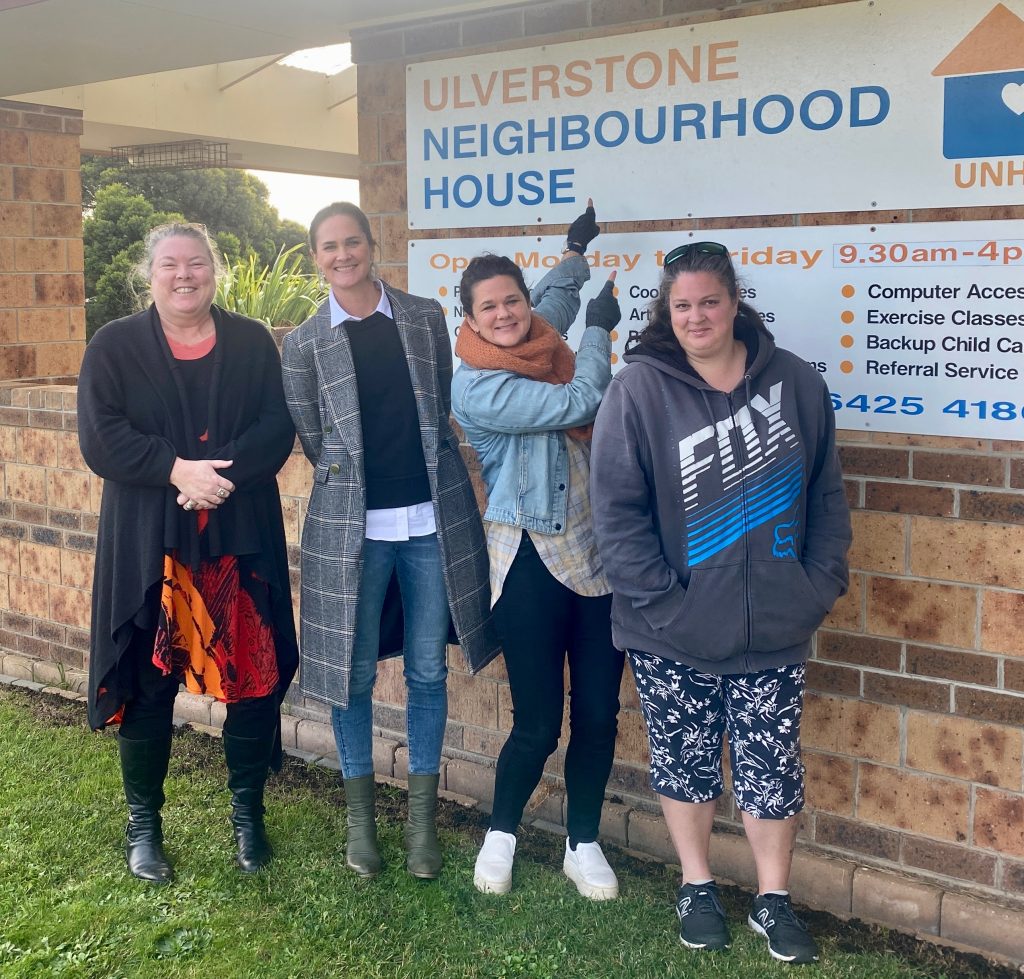When breathing ain’t easy
Posted on December 19, 2024

How one project is helping us understand the experience of Tasmanians living with asthma and their quality of life
BREATHING may seem effortless for most, but for 12.7% of Tasmanians—the second-highest rate in Australia—it’s a daily challenge. Asthma often restricts their ability to live full, active lives.
To better understand this experience, Asthma Australia launched the Tasmanian Asthma Discovery Project.
Supported by funding from Asthma Australia, Primary Health Tasmania, and delivered in collaboration with consultants Healthy Tasmania Pty Ltd, the project engaged 177 Tasmanians to gather insights into living with asthma.
Focus groups and surveys—conducted virtually and in person at local Neighbourhood Houses—provided valuable perspectives.
Findings reveal a significant gap between people’s perceived asthma management and their actual quality of life.
Many participants felt that as long as they avoided hospital visits and took medication, they were managing their condition. However, the reality often told a different story, with asthma flare-ups and restrictions impacting daily life.
“Many people live with poor quality of life, believing frequent flare-ups are just a normal part of having asthma,” says Jess Tyler, health projects and partnerships coordinator at Asthma Australia. “This tells us how important education and support are to empower people to live more freely.”
Jane*, a survey participant, shared her story.
“At age 43, I arrived in Tassie from the mainland and spent the next 14 years with breathing difficulties from March to October, progressively worsening,” she said. “Medically diagnosed depression and anxiety didn’t help. “After years of being told ‘It’s just a cold, take more medication’, I thought that’s all there was. I didn’t realise there are a lot of different meds and new approaches now.”
This sentiment was echoed by others in the project, who felt resigned to their symptoms due to a lack of awareness about treatment options.
Over half (55%) of respondents avoided places or situations that triggered asthma, while 48% said it stopped them from doing things they wanted to do. One participant described the emotional toll of being “trapped” indoors due to breathing difficulties.
Jane’s story also highlighted how emotional stress could worsen asthma symptoms. However, she’s since adopted a more proactive approach.
“I’ve learned not to wait when I notice breathing changes,” she said. “In the past, I would just increase my medicine and wait too long to seek help.”
For many participants, the project marked a turning point. Jane explained how honest discussions with healthcare professionals reset her asthma management. “Because of this project, I phoned Asthma Australia and asked what to do next. Having honest, ‘warts and all’ conversations about my asthma medications and routines with Asthma Australia, and also with my GP, has reset my own asthma management habits.
“Now, thanks to this project, I can joyfully report that I have my asthma under control, with a newly refreshed plan for what to do if things change.“
Jess Tyler says the project is already shaping new initiatives to improve asthma care in Tasmania.
“We want to provide solutions that enhance quality of life, not just manage symptoms,” she says.
“By tailoring support and offering education, we aim to empower individuals to take their asthma seriously.”
This story features in Issue 19 of our Primary Health Matters magazine. Click here to read the rest of the issue.
